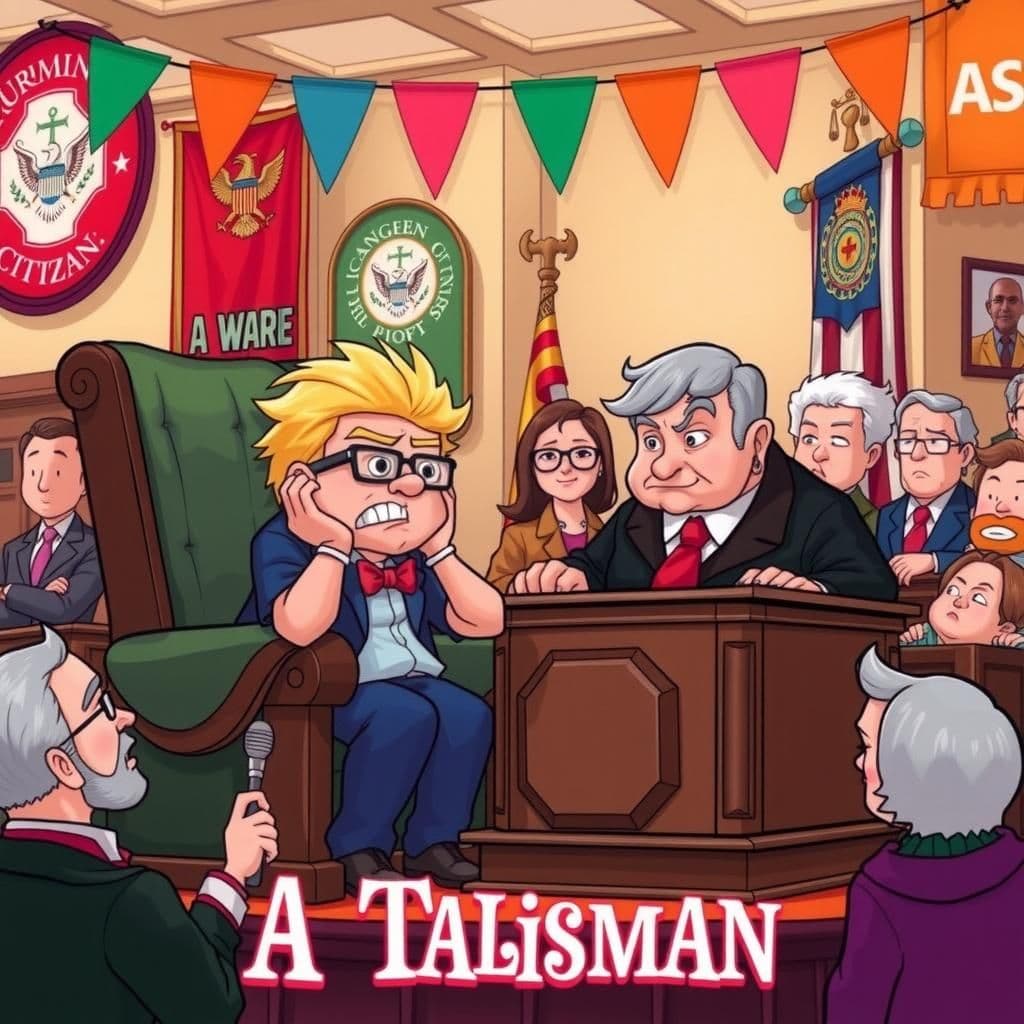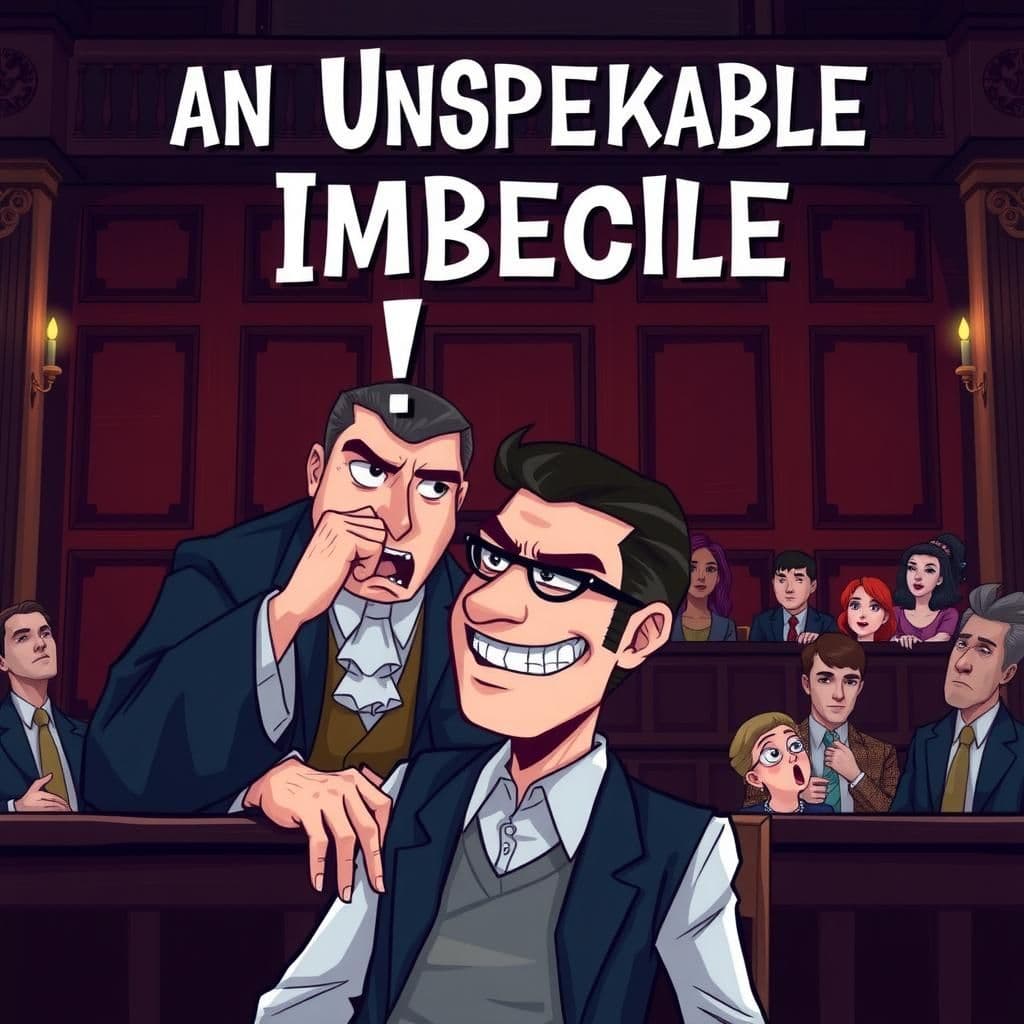The Honest Cadi
In "The Honest Cadi," a robber who steals a merchant's gold faces the judgment of a Cadi. Cleverly, the Cadi spares the robber's life by accepting half of the stolen gold as a bribe, resulting in a unique punishment where the robber loses only half of his head, leaving him able to converse. This engaging tale serves as a meaningful story with moral lessons for young readers, emphasizing the complexities of justice and temptation, making it an ideal choice for short bedtime stories with moral values.

Reveal Moral
"The story illustrates the corrupting influence of power and temptation, revealing how individuals may exploit their positions for personal gain."
You May Also Like

A Talisman
In the short bedtime story "A Talisman," a Prominent Citizen tries to evade jury duty by submitting a physician's certificate claiming he suffers from softening of the brain. The Judge humorously dismisses his excuse, stating that he indeed possesses a brain, highlighting the importance of fulfilling civic responsibilities. This thought-provoking moral story serves as a valuable lesson for young readers about accountability and the futility of trying to avoid one's duties.

An Unspeakable Imbecile
In "An Unspeakable Imbecile," a judge poses a final question to a convicted assassin before sentencing him to death, seeking any last words. The assassin, dismissing the notion that his words could alter his fate, delivers a sharp insult, labeling the judge an "unspeakable old imbecile." This engaging moral tale highlights the futility of defiance in the face of inevitable consequences while offering simple lessons from stories about the respect for authority and the weight of one's words.

The Fisher
In this short story with moral, a Fisher uses his bagpipes in an attempt to attract fish, but initially fails until he captures them in a net. Once caught, the fish leap in response to his music, leading an old fish to remark that they only dance because they are now under the Fisher's control. This tale serves as a reminder of the power dynamics in folklore and moral stories, illustrating that when one is in another's power, compliance becomes necessary.